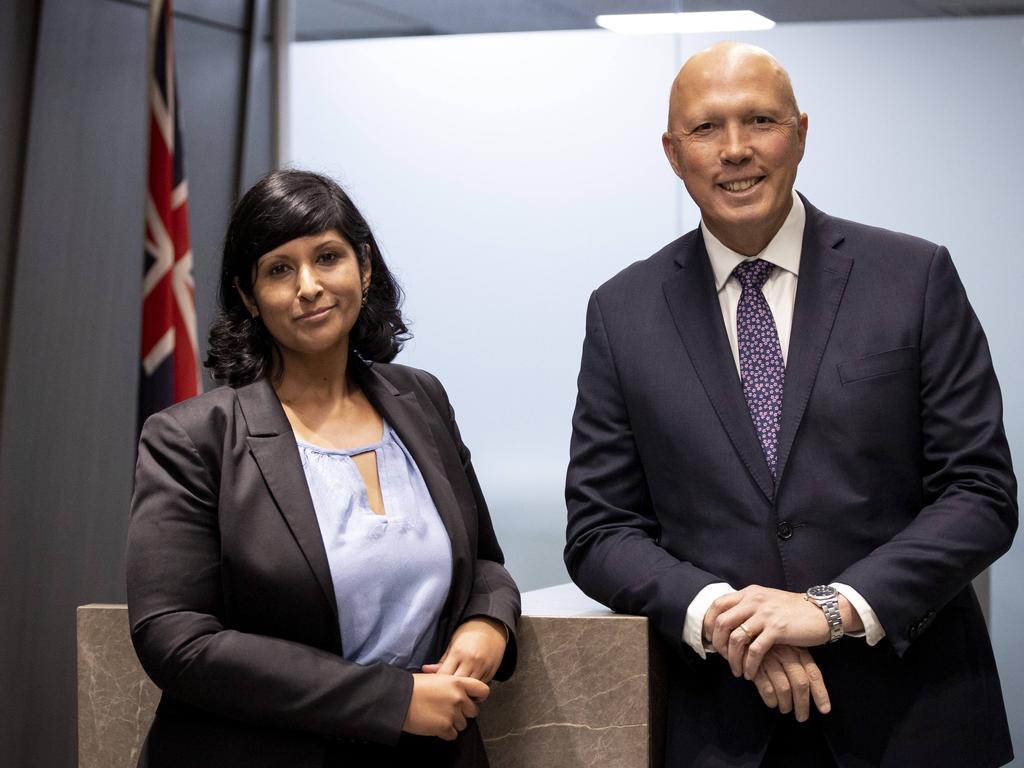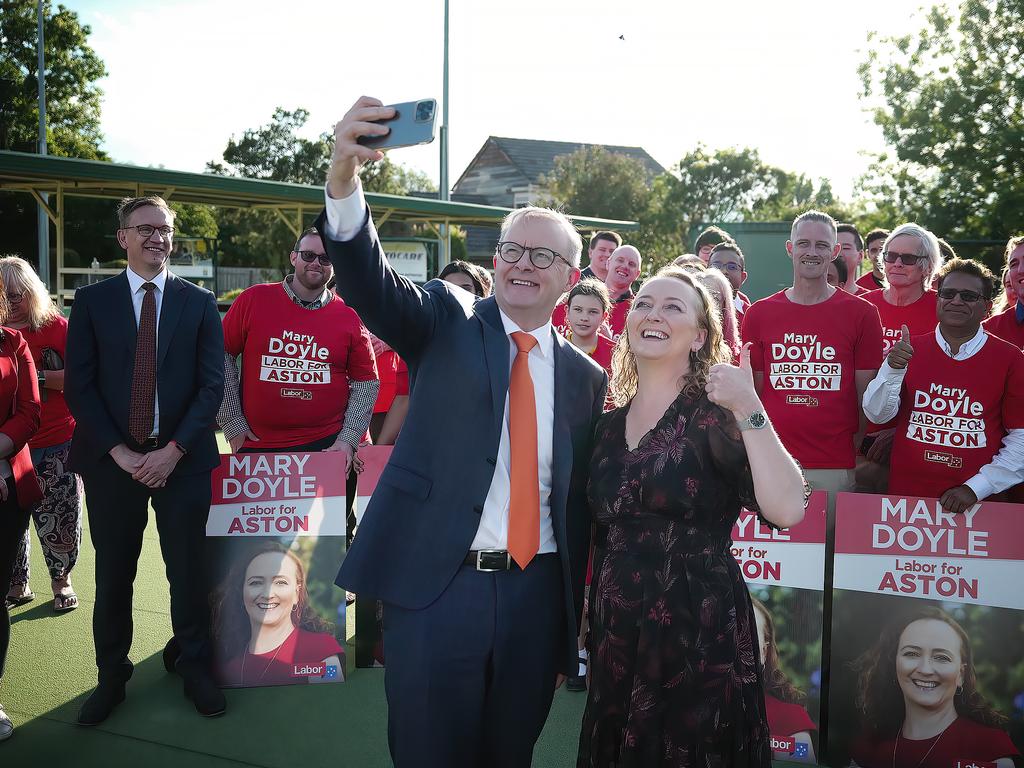Aston by-election a test for both PM Anthony Albanese and Peter Dutton

The sudden departure of sitting MP Alan Tudge has created an interesting and early electoral test for the PM and opposition leader Peter Dutton.
To be sure it is Dutton who has the most to lose. The seat is held by the Liberals on a margin of just 2.8 per cent, but it had been a safe 10.1 per cent seat before last year’s federal election.
Tudge, immersed in controversy, coupled with the unpopularity of then PM Scott Morrison combined to put the seat at risk.
Labor has rinsed and repeated, selecting the same candidate who shaved the margin down at the general election. While winning might be a bridge too far, it’s not impossible. Losing and going backwards would raise genuine questions.
The Liberals would like to have held a proper preselection process but didn’t have the time needed to do so. The Speaker of the House lived up to his name and only provided a very short time frame for the contest when setting the date for April Fools’ Day, with nominations closing just over a fortnight from now. That was all about partisan favouritism, which to be fair, both sides of politics partake in.
It left the administrative committee of the Liberals to pick the candidate, and while it did well choosing barrister and Melbourne City Councillor Roshena Campbell, the Achilles heel in the choice is that she’s not from the electorate. She is a woman – which is both what Dutton wanted and what the post election review recommended – and if successful will immediately be in the reckoning for future promotion. But it’s the first hurdle that represents her biggest test.

Labor will paint Campbell as an outsider, riff off the fact its (albeit mediocre) candidate Mary Doyle is a local, and claim that Liberals didn’t even bother to consult the local party division before using a parachute to install their centrally selected option. Throw in that Dutton isn’t exactly popular in Victoria and this by-election will be one hell of a test for the conservatives. Reminiscent of the 2001 Aston by-election which saw the Liberals defy expectations and retain the seat – the beginning of an electoral comeback that culminated in winning the 2001 general election.
But Campbell and the opposition have one big thing on their side. Aston is an outer metro mortgage belt seat, and you can bet its residents are more interested in cost of living concerns than Albo’s beloved voice to parliament. Expect that contrast to feature heavily during what will be a short campaign.
In 2001 Aston was a precursor to the Tampa election. This time it will be a precursor to the May budget. If Dutton’s candidate loses, the knives will be out for him, not that an obvious successor is present and obvious. But if Labor loses, and loses badly for example, it will set a tone ahead of the budget which just might change the political narrative in 2023.
Treasurer Jim Chalmers has been on a tear suggesting new ways of taxing and thinking about economics. A poor showing in a mortgage belt seat like Aston could see his marginal seat backbench colleagues start to wonder if that strategy is working for most Australians. It could also see the PM decide to rein him in.
Peter van Onselen is professor of politics and public policy at The University of Western Australia and Griffith University.






The electorate of Aston is once again poised to be the scene of an important by-election.